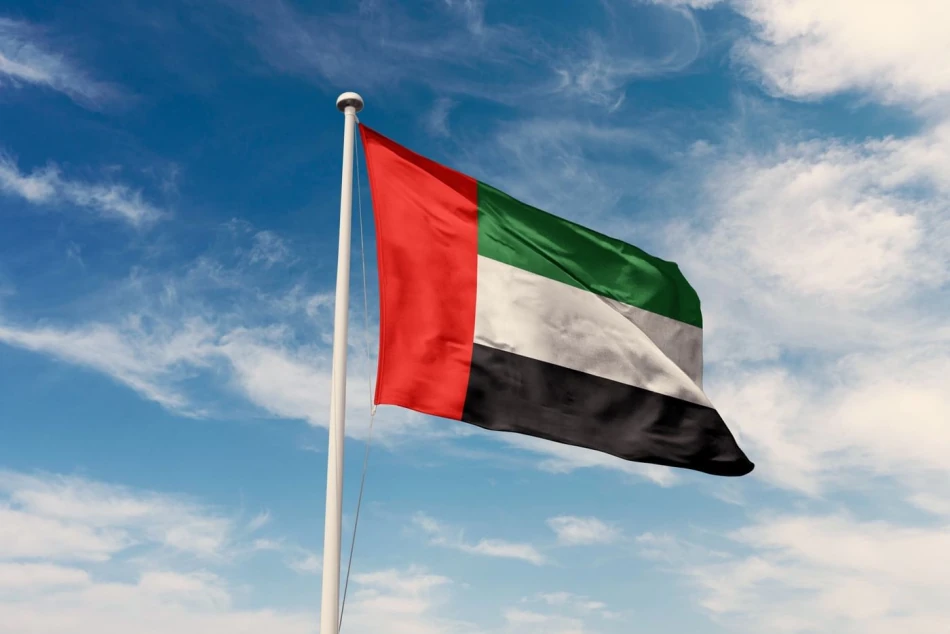
UAE Condemns Israel's Violation of Syrian Sovereignty and Territorial Integrity
UAE Condemns Israeli Military Operations in Syria as Regional Tensions Escalate
The United Arab Emirates has issued its strongest condemnation yet of Israeli military incursions into Syrian territory, marking a significant diplomatic stance that could signal shifting Middle Eastern alliances as the region grapples with post-Assad Syria's uncertain future. The UAE's Foreign Ministry called the operations a "flagrant violation" of international law and demanded immediate international intervention to halt what it described as repeated aggressions.
Breaking Point: Why the 1974 Disengagement Agreement Matters
At the heart of the UAE's condemnation lies Israel's alleged violation of the 1974 Disengagement Agreement between Syria and Israel, a Cold War-era accord that established buffer zones following the Yom Kippur War. The UAE specifically referenced this nearly 50-year-old agreement, suggesting that recent Israeli military activities have crossed established red lines that have maintained relative stability along the Syrian-Israeli border for decades.
The timing of these operations coincides with Syria's ongoing political transformation following the fall of Bashar al-Assad's government, creating a power vacuum that has drawn regional powers into competing spheres of influence.
Strategic Implications for Regional Power Dynamics
UAE's Calculated Diplomatic Move
The UAE's strong stance represents a notable shift in Gulf diplomatic strategy. Having normalized relations with Israel through the 2020 Abraham Accords, the Emirates now finds itself balancing its growing ties with Israel against broader Arab solidarity concerns and regional stability imperatives. This condemnation suggests that economic partnerships do not necessarily translate into unconditional political support.
Economic and Security Considerations
For investors and regional markets, the UAE's position signals potential complications in the Abraham Accords framework, though trade relationships are likely to remain intact. The Emirates has significant economic interests in maintaining regional stability, particularly as it positions itself as a neutral mediator and business hub between competing Middle Eastern powers.
International Response and Precedent
The UAE's call for immediate international intervention echoes similar demands from Turkey, Jordan, and other regional powers, creating a broader coalition opposing Israeli military operations in Syria. This unified Arab response contrasts sharply with the fragmented reactions to previous regional conflicts, suggesting that Syria's transitional period may be viewed as a critical juncture requiring coordinated international oversight.
The Emirates' emphasis on supporting Syrian sovereignty "over all its territories" also aligns with broader international legal principles while positioning the UAE as a defender of territorial integrity—a principle that resonates globally amid ongoing territorial disputes worldwide.
Looking Ahead: Regional Stability at a Crossroads
The UAE's diplomatic intervention reflects deeper concerns about regional escalation at a moment when Syria's future remains uncertain. As various powers—including Israel, Turkey, Iran, and Russia—maneuver for influence in post-Assad Syria, the Emirates appears to be advocating for a rules-based approach that could prevent the country from becoming a proxy battleground.
This development may also indicate the UAE's broader strategy of positioning itself as a responsible regional power capable of balancing competing interests while maintaining its economic partnerships. The success of this approach could establish a new model for Gulf diplomacy in an increasingly multipolar Middle East.
Most Viewed News

 Sara Khaled
Sara Khaled






